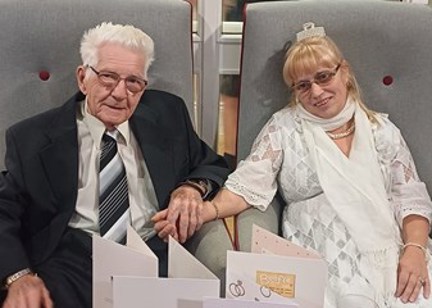
General news
We keep the last six-months worth of resident newsletters. Stay informed and engaged with all the latest happenings at Housing 21.
In the January 2025 edition:
In the February 2025 edition:
Read the February 2025 Extra Care Resident Newsletter: February 2025
In the March 2025 edition:
In the April 2025 edition:
In the June 2025 edition:
In the July 2025 edition: